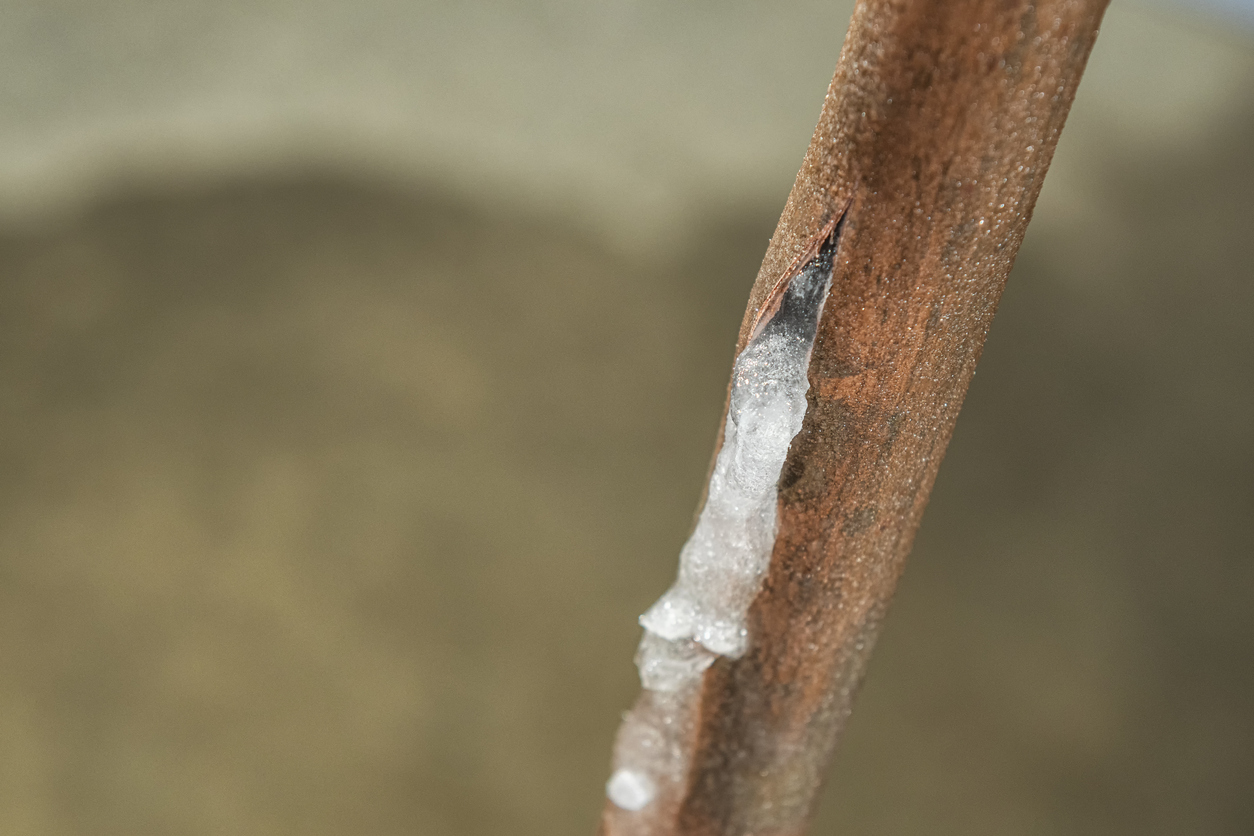During periods of cold weather and low wind chills, water pipes and water meters can become susceptible to freezing which can lead to broken pipes and water damage if exposed areas aren’t properly insulated or heated. Below are some tips to help minimize the chance of freezing water pipes.
- Before freezing temperatures set in, turn off the water to outside garden hose connections at an interior valve and drain the exposed piping. Pay close attention to vacuum break backflow preventers to assure they are manually drained.
- Open cabinet doors below sinks to allow warm air to circulate around the pipes.
- Ensure windows are properly sealed and consider installing storm windows in the basement.
- Ensure crawl spaces and equipment rooms, particularly in trailer parks and Custerdale homes, are properly heated and vented. Wrap pipes with insulation or electric heat tape.
- Fill cracks in walls near the foundation to prevent cold air from leaking in. Wrap pipes with insulation or heat tape.
- Make sure the interior temperature of your home or building AND the basement never drop below 32*F. Wrap pipes with insulation or electric heat tape.
- Ensure outdoor water meter pits have covers that fit properly and there are no cracks into which cold wind could blow. The pipes, valves, and the water meter inside such pits should not touch the concrete walls.
SIGNS YOUR WATER PIPES MAY BE FREEZING
- Water temperatures less than 35° F at any fixture
- Reduced water flows and pressure at a fixture
- Discolored water
- Sputtering sound when opening a fixture
THAWING FROZEN PIPES
If the water pipes at your residence or business freeze up, it’s safest to use hot air from a hair dryer or exhaust from a vacuum cleaner to thaw the frozen areas. Electric heat tape can also be used, but use with caution and follow the manufacturer’s instructions explicitly. Never thaw pipes with an open torch or flame. Licensed plumbers have additional tools that can be effective to thaw pipes.
OTHER TIPS
If you own a vacant residential or commercial property, ensure the pipes and water meters are in a heated area, and are not closed off behind cabinets and doors. If there is no heat in the building, contact MPU and your plumber to have the water shut off to the building, meters removed, and the plumbing system winterized.
If you are leaving your home for a weekend or an extended period of time, it is always a good idea to turn the building control water valve to “off”. You never know when a heating system might stop working or a water heater tank fails. Homes that use boilers for heat require a pressurized water system to operate, so turning off your water supply is not an option.
Water losses due to broken pipes are billed to the customer, including sewer flow charges. If the water meter is damaged as the result of freezing, the customer is also charged for its replacement.
If you have questions concerning cold weather protection, please call our offices at 920-683-4600.

